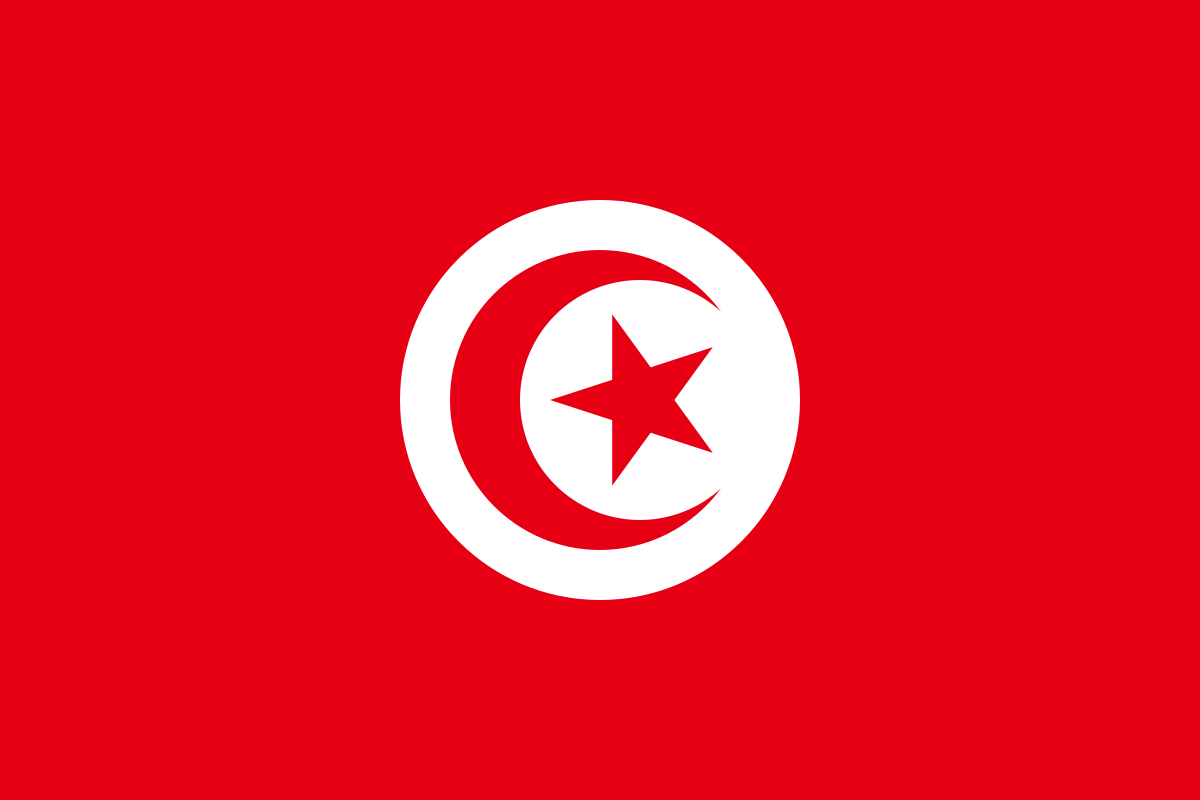As signaled by others, the law it is important for many reasons beyond its “actual” content and scope. Having a Law on SSE provides institutional recognition and has far reaching (positive) consequences.
A clear and distinctive feature is the role of international actors such as ILO and EU, but also PNUD or even the World Bank in relation to multilateral ones. Also other national actors such as Italian and French cooperation bodies are worth mentioning. This, as usual, it is a strength and a threat.
Contrary to what some actors may think, this is not the first Social Economy Law in Africa. Not that many people remember that there is a Law in Cape Vert since 2016… and this should serve as warning…
In relation to its content, and according to my experience, the devils are in its implementation. The impact will depend on many issues but we could use as a “touchstone” if it increases the capabilities of the social economy ecosystem.
Thus, the improvements in terms of overcoming key barriers (for example legal barriers in the case of cooperative banks or other financial instruments from SSE) or in fostering the “structuring” of the sector would be key. Tunisia is missing a series of SSE networks. Such networks play a key role on several areas (co-production of policy, support to start up and growth, awareness raising, sustainability of the SSE companies or even resilience of the ecosystem as a whole).
Special attention should be paid to the unexpected consequences of identifying a single actor as the “responsible” Minister or public agency. Sometimes, allocating many responsibilities to one actor within the government structure can result on the others diminishing their interest. This, in a plausible scenario in which the challenges remain too big and the public resources too small, can negatively affect the policies.
Also, it is important to be realistic. Despite Tunisia being one of the African countries with a higher tax revenue and public spending ratios, there are clear risks along the way. For example due to the limited capabilities of the public actors and the different obstacles they may find in the implementation of relevant measures. I am thinking, for example, on those regarding registration and supervision, the setting up of the public agency (the “instance”) or the different fiscal and other financial support measures. One way to address this could be to look for good and bad practices from other contexts, not only Europe or North America. Mexico, Ecuador, Brazil, South Africa or the already mentioned Cap Vert could be worth exploring.
Finally, I would like to mention one key element which is often neglected in the analysis: the beneficial relationship with social movements and collective agency. I frequently mention the case of Quebec and the role of trade unions and the feminist movement, but also democracy activist in Korea or Cap Vert. Tunisia is also an example. The role played by social actors such as the UGTT (a trade union) in the inclusion of Social Economy and its maintenance high in the political agenda is a feature that should be acknowledge and nurtured.
